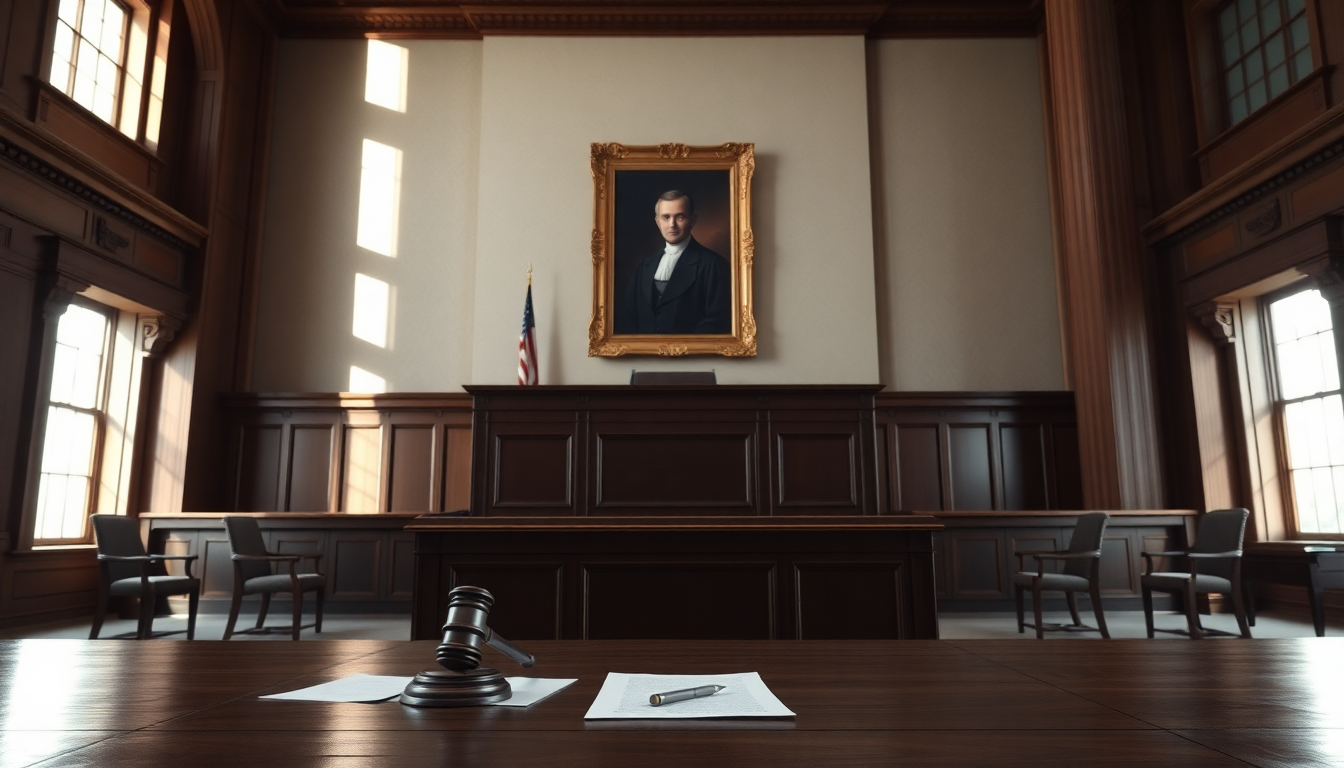Table of Contents
Recently, U.S. Supreme Court Chief Justice John Roberts made some thought-provoking comments about the crucial role of an independent judiciary, especially as political tensions rise. Speaking at the Judicial Conference of the Fourth Circuit in Charlotte, North Carolina, he voiced his concerns over the potential fallout from political figures using inflammatory language against judges. He pointed out that this kind of rhetoric can seriously undermine the integrity and safety of the judicial system.
Political Rhetoric: A Growing Concern
Chief Justice Roberts highlighted the risks of labeling judges as opponents in political battles. When judges, who are simply doing their jobs, are portrayed as part of the problem, it opens the door to increased hostility and even threats of violence. He underscored the seriousness of this issue, mentioning that there have been real threats made against judges based on their rulings. It’s a wake-up call for politicians from both sides of the aisle to consider how their words shape public perceptions of the judicial system.
While he didn’t name names directly, it was hard to ignore the implications of his remarks, especially regarding President Donald Trump and Senate Democratic leader Chuck Schumer. Both have criticized judicial decisions in ways that could stir up unrest. Roberts has previously pushed back against Trump’s derogatory comments about judges, reminding everyone that impeachment isn’t the solution for judicial disagreements—there are established appellate processes for that.
Upholding Judicial Independence
Roberts also revisited his criticism of Schumer’s comments back in 2020, when Schumer warned Justices Kavanaugh and Gorsuch they would “pay the price” for their decisions regarding abortion rights. According to Roberts, such rhetoric not only undermines the authority of the court but also endangers the safety of justices. He made it clear that while criticism is a normal part of the judicial landscape, threats—especially coming from high-ranking officials—are simply unacceptable and dangerous. The Chief Justice reassured the public that justices will carry out their duties impartially, undeterred by fear, no matter where it comes from.
The backdrop of these discussions is significant, particularly as the Supreme Court gears up to tackle important cases linked to the previous administration. The intense atmosphere surrounding these cases highlights the fragile balance between political discourse and the need for judicial independence. It’s vital for the judiciary to function free from external pressure if we want to uphold democratic principles and ensure justice is served fairly.
Looking Ahead: The Case for Respectful Discourse
As political dynamics shift, the conversation around the judiciary is likely to remain a hot topic. Chief Justice Roberts’ remarks remind us just how foundational an independent judiciary is for a healthy democracy. For democracy to flourish, all political players must understand the importance of respecting judicial processes and the individuals who uphold them.
As we approach critical decisions that could shape the future of our legal landscape, the call for a respectful and independent judiciary grows ever more urgent. The judiciary doesn’t just interpret the law; it stands as a protective barrier against the politicization that could jeopardize the integrity of our democratic institutions. By creating an environment where judges can work without fear or outside influence, we can better ensure that justice truly prevails in our society.


